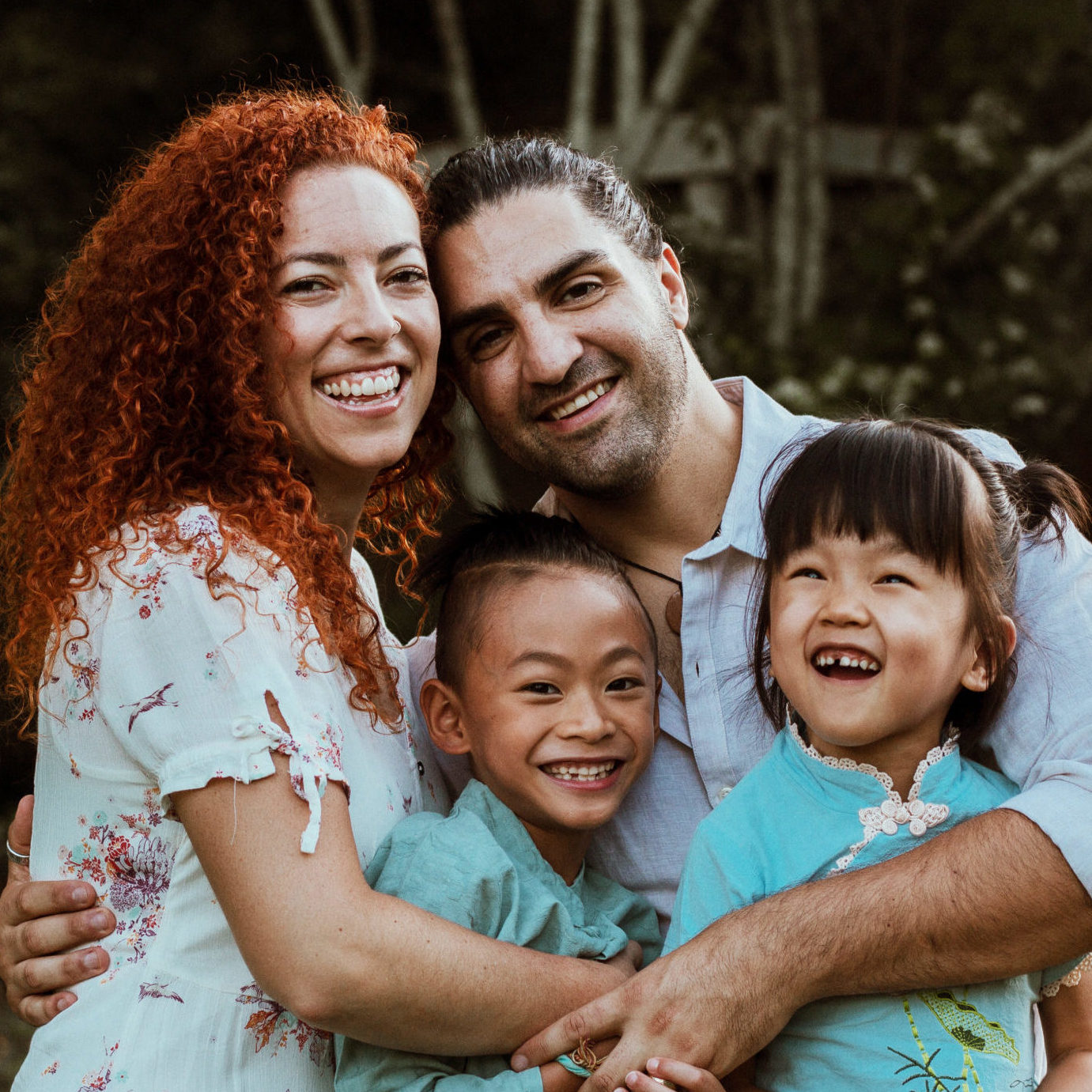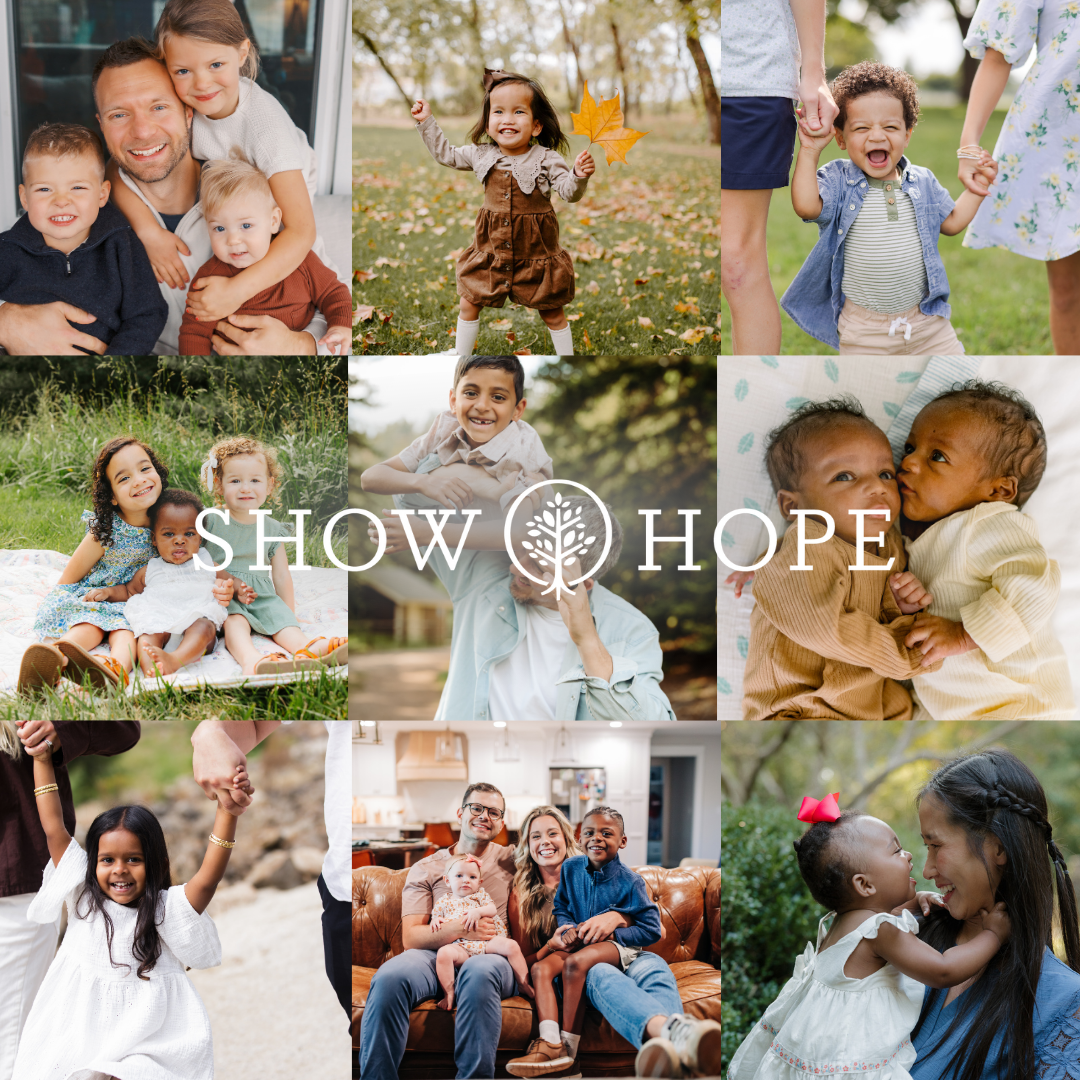How International Adoption Works

International (or Intercountry) adoption occurs when a child is adopted into a family whose country of origin and citizenship differs from the child’s own. Thousands of Americans pursue international adoption each year. Many international adoption programs are available, so determining which country you are interested in will guide you in choosing an agency. When considering international adoption, prospective adoptive parents should also be aware that the amount of information available about a child’s history will range broadly between international programs and care organizations. So, here’s an overview of how international adoption works.
International adoption is governed by three sets of laws, each seeking to ensure a child is legally able to be placed into a family through adoption:
– U.S. federal laws
– State laws where the adoptive family resides
– Laws of the child’s country of origin
NOTE: In addition, because the U.S. is party to the Hague Adoption Convention, it is important to understand how those laws affect the process.
International adoption will generally involve the following steps:
- After your home study is finished, you will be required to complete and gather additional paperwork and documentation for submission to the U.S. government and child’s country of origin for approval.
- Once approved, prospective adoptive families are eligible to receive a referral. A referral is a profile of a waiting child who is eligible for adoption.
- After a child’s referral is accepted, the adoptive family will begin taking steps toward completing paperwork necessary to travel to the child’s country of origin and finalize the child’s adoption.
The Hague Convention
As further explained on the U.S. Department of State’s website, the Hague Convention on the Protection of Children and Co-operation in Respect of Intercountry Adoption is an international agreement to safeguard adoptions. Within intercountry adoption, there are differences in the process based on whether a country has signed the Hague Convention. A comprehensive list of these differences can be found in the U.S. Department of State’s website. For more information, read Show Hope’s white paper entitled The Hague Convention on Protection of Children and Co-Operation in Respect of Intercountry Adoption.
To stay up to date with the work of Show Hope, follow us on Instagram, Facebook, and Twitter or subscribe to our newsletter!
If you’re looking for more topics like “How International Adoption Works,” we invite you to check out our resource,





